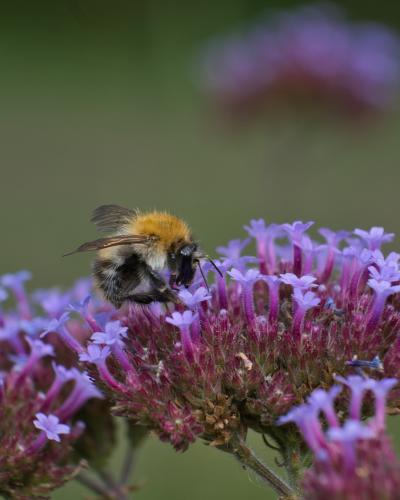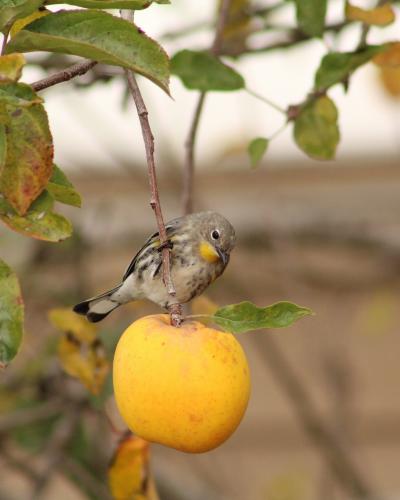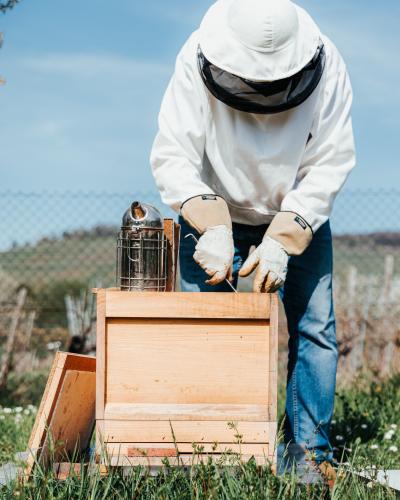Scientists have long established a critical link between biodiversity decline and human well-being. A recent study published in Science shows the link between agrichemical use, bat-die off, and...
May 31, 2024
On farms, chemical application changes the biophysical cues that plants use to attract pollinators, according to a recent British study. Spraying flowers with synthetic fertilizer, altered their...
Dec 01, 2023
Childhood exposure to synthetic glyphosate via diet and pesticide drift is associated with metabolic and liver disorders in adulthood, according to a recent American study published in the journal...
Oct 11, 2023
Although organic farmers abstain from the use of harsh inorganic chemicals and synthetic fertilizers, plants and livestock may be treated with approved external inputs. Although substances that...
Aug 30, 2023
Birds from organic farms exhibit more vitality than those who live on conventional farms, according to a recent French study. Organic birds exhibit a higher rate of active behaviors including...
Aug 02, 2023
Cattle diets on organic farms contain significantly less pesticide residue than that of conventional farms, according to a recent Austrian study. On conventional farms, nearly all of cattle feed...
Sep 30, 2022
Higher concentrations of certain nutrients in fresh organic produce can also translate to frozen foods, a new study published in the Journal of Food and Dairy Sciences, Mansoura University reveals...
Aug 29, 2022
A collaborative study from USDA and Montana State University scientists delved “far into the weeds” in evaluating the global warming potential in farming organic wheat when combining sheep grazing...
Jul 26, 2022
Its agrarian landscape dotted with smaller farms that carry the potential for organic farming, experienced beekeepers in Serbia can more easily make the leap into organic honey...
Jun 27, 2022
Organic olives and their oil have a reputation for being healthier and more nutritious, and their demand has grown over...












